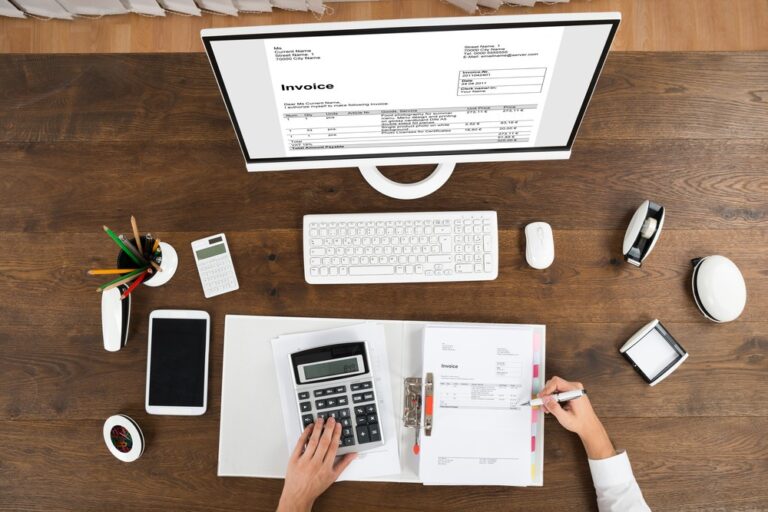By Martin Ekpeke
A significant shift is underway in how Nigerians conduct their USSD banking transactions. The End User Billing (EUB) policy, a consensus reached between the banking and telecommunications sectors and their respective regulators (the Central Bank of Nigeria and the Nigerian Communications Commission), is set to transform the customer experience by introducing greater transparency and control over transaction charges.
The EUB model aims to address long-standing challenges in the seamless provision of USSD services and resolve disputes over service debts between banks and Mobile Network Operators (MNOs). Both the CBN and NCC have officially approved this crucial change.
What is the End User Billing (EUB) Model?
Traditionally, when using USSD for banking transactions, most banks would deduct charges directly from your bank account. This often meant customers lacked immediate visibility and control over these deductions.
With the advent of EUB, users will now pay for USSD banking transactions directly from their airtime, mirroring how charges are applied for other mobile phone services like calls, SMS, and data. This new approach offers several key advantages such as clarity of billing, elimination of bank account deductions and opt-in/opt-out options.
The EUB model is being implemented to enhance the quality of consumer experience and empower customers with better control over their spending. It also serves as a crucial step in resolving the historical disputes regarding USSD service debts between banks and MNOs.
Customer Data Protection and Fair Charges
The NCC and CBN have implemented several measures to safeguard consumer interests:
- Better Information: Banks are mandated to inform customers about the transition to EUB before its implementation. Customers are free to cease using the channel if they prefer not to pay via airtime.
- Better Value: USSD banking transactions will continue to be charged at N6.98 per session. Each session can last up to 120 seconds, providing ample time for transactions. This offers significant value compared to other transactions charged at N1.63 per 20-second session, effectively providing a discount.
Addressing Challenges and Double Billing Concerns
- Troubleshooting Access Issues: If you encounter challenges accessing the USSD platform, contact your network operator. For issues during a USSD transaction, reach out to your bank directly. Both banks and telecom operators are obligated to provide support.
- Service Unavailability: Under CBN and NCC regulations, banks and telecom operators must notify customers if their banking or USSD services experience downtime.
- Preventing Double Billing: The EUB model is designed to prevent double-billing. The CBN has directed that banks must not charge for USSD transactions under EUB; only the MNO can apply the charge. The NCC has mandated MNOs to provide an end-of-activity notification detailing the exact charge. If you are double-billed by your bank, report it immediately to the CBN.
- Regulatory Oversight and Transparency: Both the CBN and NCC are actively overseeing the transition to ensure compliance. Non-compliance could lead to regulatory sanctions. Banks and telcos are also expected to communicate clearly with consumers about the new fee structure.
When Will Airtime Deductions Begin?
MNOs, individual banks, and their Value-Added Service (VAS) integrators are working towards a seamless transition to EUB. Each bank will formally notify its customers once all mandatory formalities are completed. These include technical integration, end-to-end testing, and the signing of Service Level Agreements (SLAs) to guarantee superior customer experience and protection. Your bank will inform you of the actual commencement date once all conditions are met.




